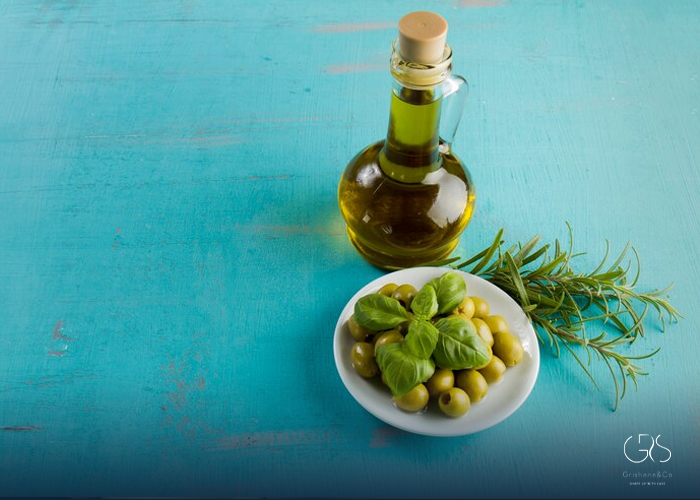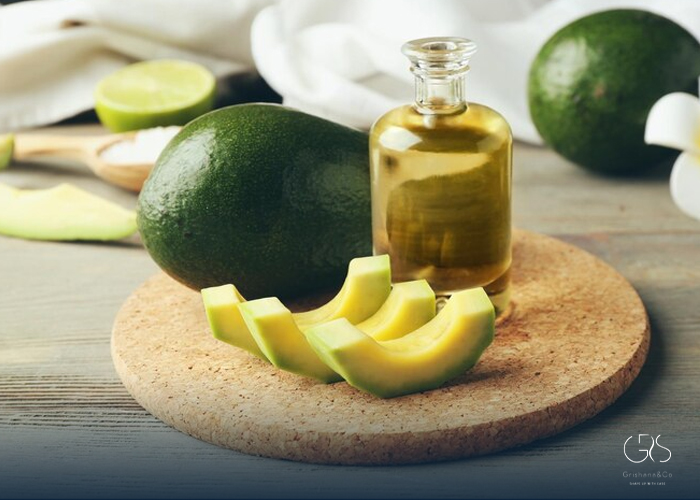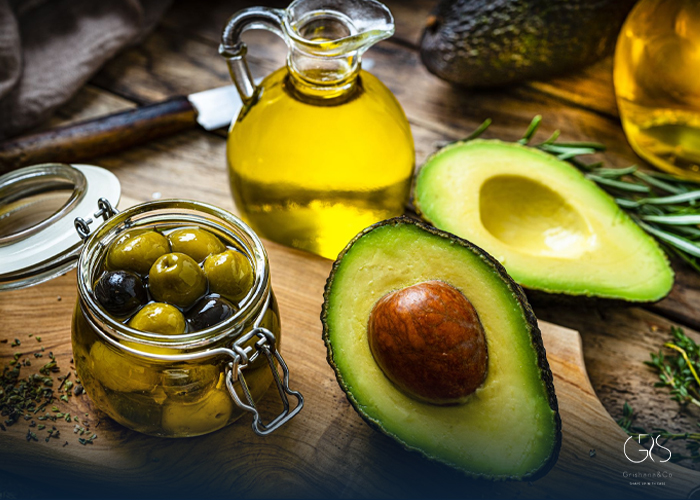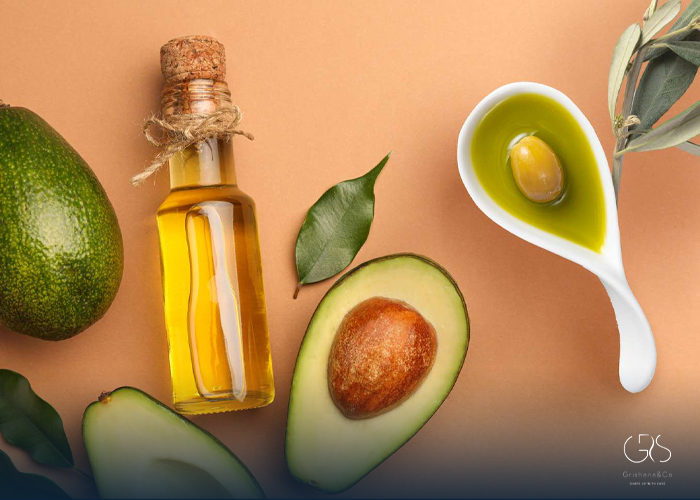When it comes to choosing a cooking oil, the debate between olive oil and avocado oil is a common one. Both oils have their own set of unique benefits and downsides, and understanding their differences can help in making an informed decision.
Benefits of Olive Oil:
Olive oil is known for its high levels of monounsaturated fats, which can help lower the risk of heart disease and reduce inflammation in the body. It is also a good source of antioxidants, including vitamin E, which may help protect the body from damage caused by free radicals. Additionally, olive oil has been associated with a reduced risk of stroke and has been linked to improved brain health and cognitive function.

Downsides of Olive Oil:
One downside of olive oil is its low smoke point, which means it is not suitable for high-heat cooking methods such as deep frying. Also, some olive oils are prone to adulteration, so it’s important to choose high-quality, extra virgin olive oil to ensure you are getting the full benefits.
Benefits of Avocado Oil:
Avocado oil is also high in monounsaturated fats and contains oleic acid, which is associated with various health benefits, including reduced inflammation and improved heart health. Avocado oil is also rich in antioxidants and has been shown to promote the absorption of important nutrients such as carotenoids.

Downsides of Avocado Oil:
One potential downside of avocado oil is its higher cost compared to other cooking oils, which may not be practical for everyone. Additionally, there is limited research on the long-term health effects of avocado oil compared to olive oil.
Nutrition Comparison:
Below is a nutritional comparison of one tablespoon of each oil:
- Olive Oil: 119 calories, 13.5g fat (1.9g saturated, 9.8g monounsaturated, 1.4g polyunsaturated), 9.9g vitamin E
- Avocado Oil: 124 calories, 14g fat (1.6g saturated, 9.9g monounsaturated, 1.9g polyunsaturated), 1.6g vitamin E
Ways to Enjoy Raw Oil:
A few ways to enjoy raw olive oil or avocado oil include:
- Drizzling over salads as a dressing
- Using as a dip for bread or vegetables
- Mixing with herbs and spices for a flavorful marinade
- Adding to homemade pesto or vinaigrettes
Which Is Better for Cooking?
Olive oil is suitable for low- to medium-heat cooking methods such as sautéing, roasting, and baking, while avocado oil’s higher smoke point makes it better for high-heat cooking like frying and grilling.
Which Is Better Raw?
Both oils are excellent choices for use in salad dressings or as a finishing oil for dishes. Their distinct flavors and health benefits make them valuable additions to raw dishes.

Conclusion:
Both olive oil and avocado oil offer numerous health benefits and can be used for cooking and raw applications. While olive oil has a lower smoke point and may not be suitable for high-heat cooking, it is rich in antioxidants and associated with improved heart health. Avocado oil, on the other hand, has a higher smoke point and can be used for high-heat cooking methods. Ultimately, the choice between the two oils depends on individual preferences, cooking methods, and nutritional needs.
Sources
- Harvard Health Publishing, The truth about fats: the good, the bad, and the in-between
- PMC, Avocado Oil: Characteristics, Properties, and Applications
- Medical News Today, What are the health benefits of olive oil?










